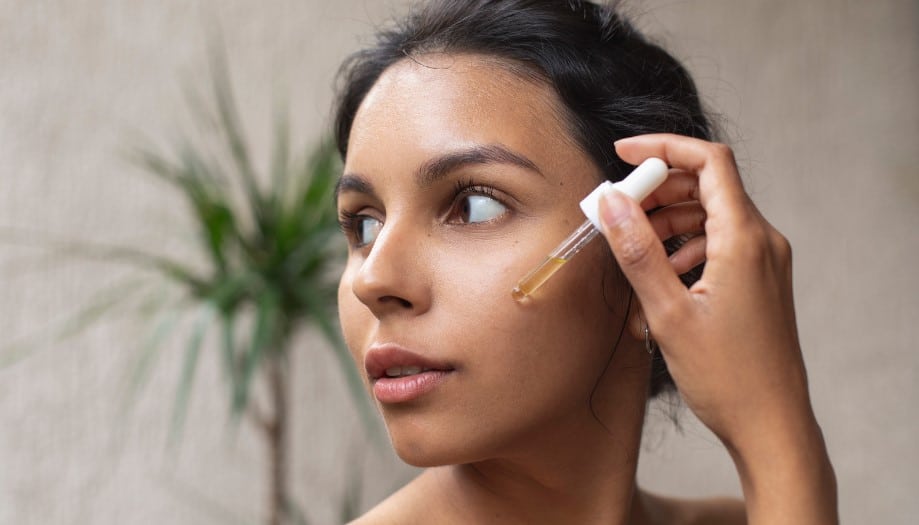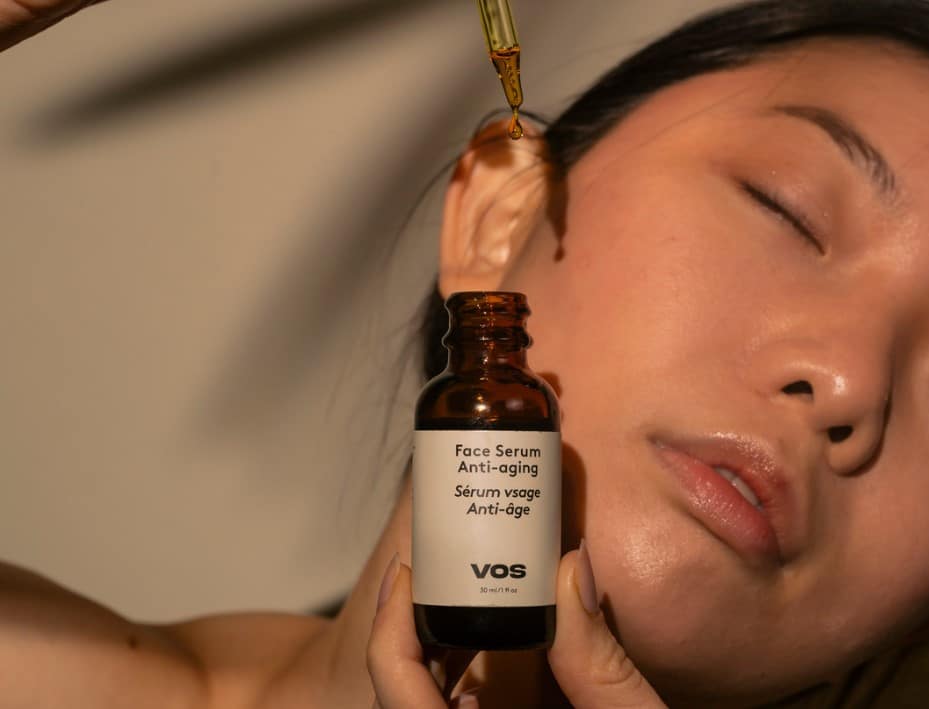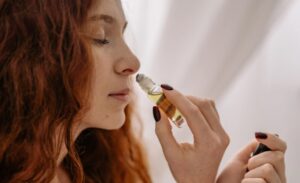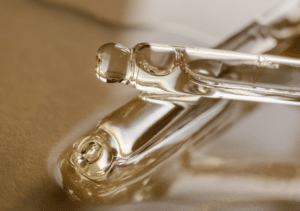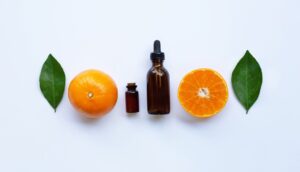Face oils have been recognized for their moisturizing and nourishing properties across various cultures for centuries, but it’s a relatively new concept in Western skin care. The rising popularity is partly due to the growing interest in natural skin care, which has helped dispel common myths about oil-based facial products.
If you’ve taken the step to give face oils a try, make sure you choose a high-quality one that’s made with natural ingredients, non-comedogenic (i.e., doesn’t clog pores or cause breakouts), and free of skin-irritating ingredients like artificial fragrances and synthetic additives.
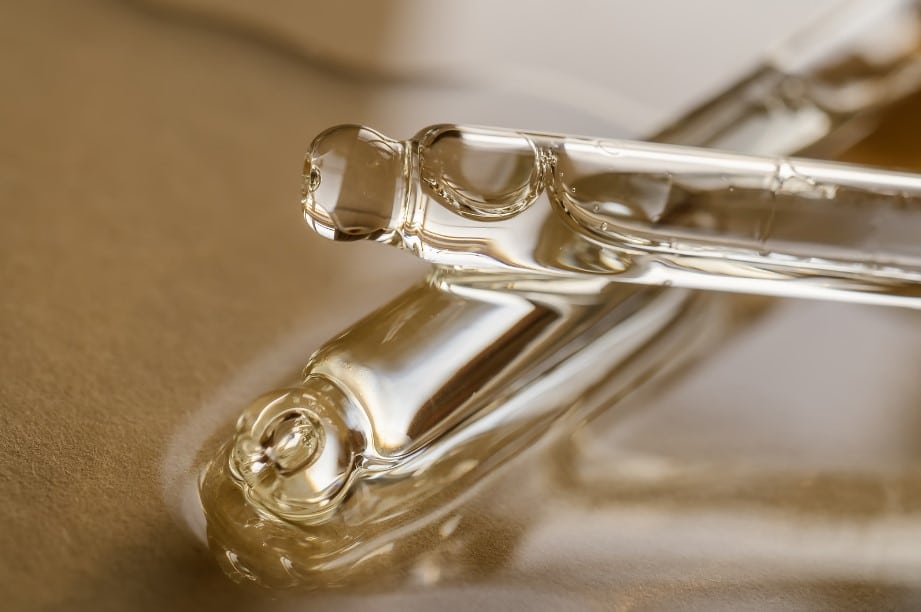
Benefits of using face oils
A good-quality face oil can do wonders for your skin. They are rich in emollients and fatty acids that help maintain hydration and seal in moisture, improving the skin’s protective barrier and keeping the skin soft and supple. Natural face oils are also loaded with essential nutrients and vitamins that deeply nourish the skin and promote a healthier complexion.
Contrary to popular belief, a good face oil will not clog pores, cause breakouts, or leave your face feeling oily and greasy. In fact, it can help regulate the skin’s natural oil production and balance oily skin by ensuring that your face gets the right amount of hydration to prevent excessive sebum production.
Natural face oils are typically lightweight and fast-absorbing, and they can act as carrier oils to help other skin care products penetrate deeper into the skin to enhance their effectiveness. All in all, a good face oil can keep skin nourished and hydrated for a healthier-looking complexion.
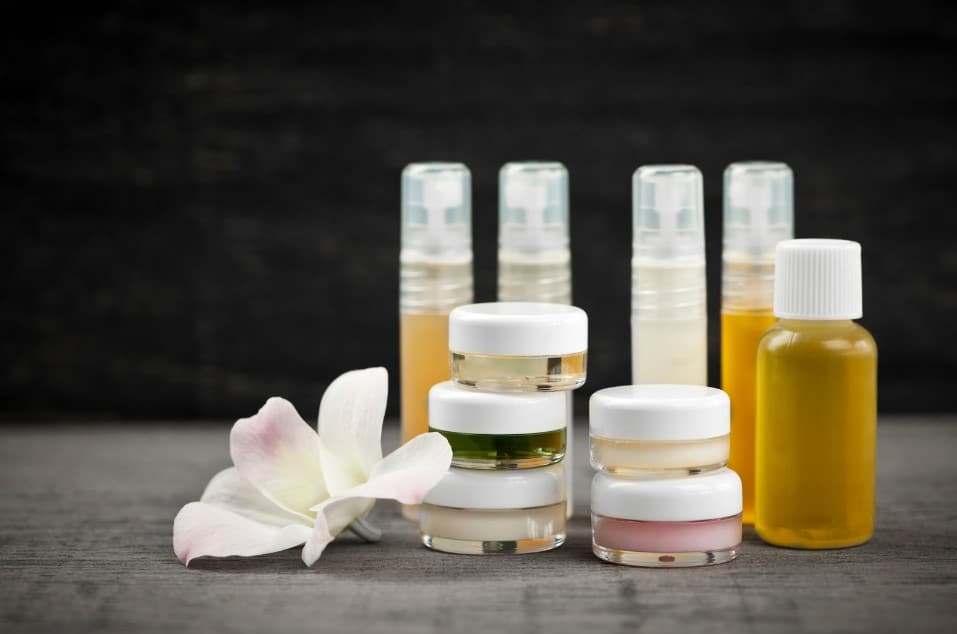
Face oil or moisturizer—or both?
When it comes to products that are designed to moisturize the skin, the main ingredient defines the categories into which the product falls: humectants, emollients, or occlusives.
Humectants work to attract moisture, either from the deeper layers of your skin or from the skin care product itself. They work for all skin types, absorb quickly, and are typically light in texture. Common examples of humectant ingredients include hyaluronic acid and glycerin.
Emollients help to repair cracks in the skin’s barrier with lipids known as ceramides, lubricating damaged skin and resulting in a smoother appearance. They tend to have a thicker texture and are ideal for all skin types except for oily skin. Cocoa butter and colloidal oatmeal are both popular emollients.
Occlusives are best for those with severely dry or cracked skin. They work by creating a protective barrier to seal in the skin’s water content and prevent moisture loss. Face oils typically fall under this category.
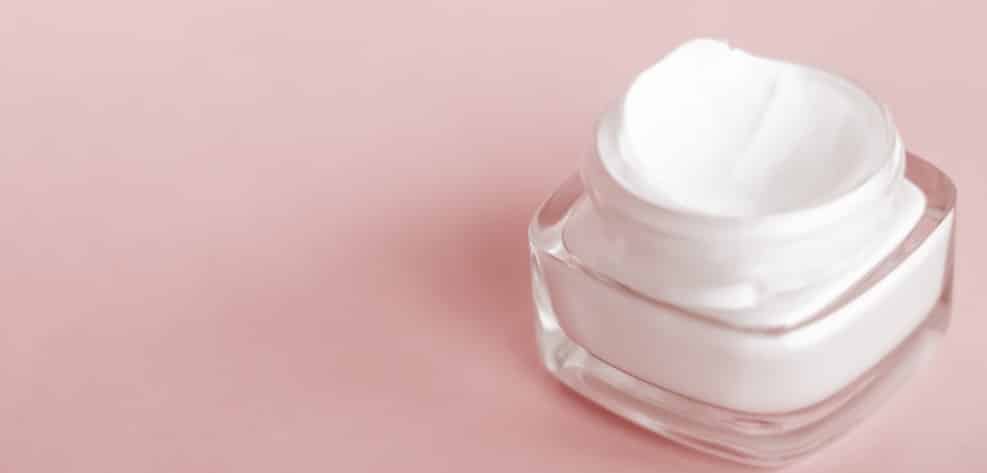
So, should you choose a face oil or a moisturizer to keep your skin soft, supple, and velvety smooth?
Each type of moisture-boosting product or ingredient offers its own benefits to the skin, and one isn’t superior to the other. That’s why we recommend that you incorporate both a face oil and a face moisturizer in your skin care routine. A good moisturizer will help your skin draw in and retain moisture, while a good face oil will seal in the hydration as well as all the other vital nutrients that you’ve applied to your skin through other products.

Face oil before or after moisturizer?
When it comes to the proper order of layering skin care, the general rule of thumb is to go from lightest to heaviest. Lighter products (like toners) generally have smaller molecules and a thinner consistency, making them easier to penetrate the skin. Thicker products (like face oils) create a barrier on the skin’s surface, which make it difficult for lighter products to be absorbed if applied on top of it.
So, face oil before or after moisturizer? Based on this rule, face oils are typically applied last on your face (but before sunscreen and makeup), after you’ve applied your moisturizer. Layering from lightest to heaviest maximizes product absorption and the benefits of each product.
Can you use face oil instead of moisturizer?
Face oils and moisturizers are designed with distinct purposes in the skin care routine, so one can’t really replace the other. That being said, if you’re someone who just wants a bare-essentials skin care regimen, you’ll want to make sure you have the basic three products: cleanser, toner, and moisturizer.
If you haven’t started incorporating plant-based oils into your skin care, start now! Oil-based face care products are increasingly common (for good reason), and you can reap the benefits of these nourishing oils in all types of products like cleansers, face serums, and moisturizers. If you’re using a high-quality oil-based product, your skin should look healthier, smoother, and velvety smooth.
